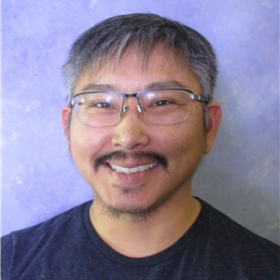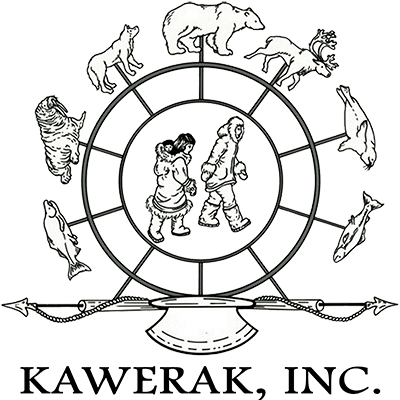What drew you to the Caleb Scholars Program?
The Caleb Scholars Program represents what I was taught to subsist off nuna (on land, ground, earth) and to take care of nuna along with the sea mammals, land animals, and everything that supports all life. I grew up in Shishmaref, Alaska which an Inupiaq community that shares the same values that Caleb Pungowiyi of Savoonga, Alaska embraced and protected as a leader of subsistence, protecting nuna, connecting communities and organizations, and ensuring our native peoples thrive in one of the harshest climates in the world. It’d be an honor to help continue advocating for conservation, subsistence, and native stewardship of our waters and lands.
What are your educational and career goals? How do your goals relate to environmental conservation?
My educational goal for my graduate degree is to grow my leadership skills, communication, and network to continue my civil engineering career of providing sanitation systems to Alaska Native communities including water treatment systems, wastewater treatment systems, and solid waste systems (landfills). It takes a leader, like Caleb, to advocate for funding to plan, design, build, operate, and maintain sanitation systems for our communities, including five in the Norton Sound region of Diomede, Shishmaref, Stebbins, Teller, and Wales. Sanitation systems to support our Alaska Native people help keep our communities healthy so they can continue to be stewards of nuna for generations to come.
What does Inuit-led conservation advocacy mean to you?
Inuit-led conservation advocacy to me means Inuit need to be included and apart of the holistic approach to conservation advocacy for our society, economy, and environment. That is, Inuit have always held these roles and responsibilities as individuals, roles within the community, leadership, and organizations. Individuals are taught how to cooperate, respect humans, animals, land and water, share, and pass on the knowledge from generation to generation. Community members were mental/emotional healers, medical doctors/nurses, engineers, peacekeepers, farmers, traders, community organizers, negotiators with other Inuit and native groups, and advocators for nuna.

